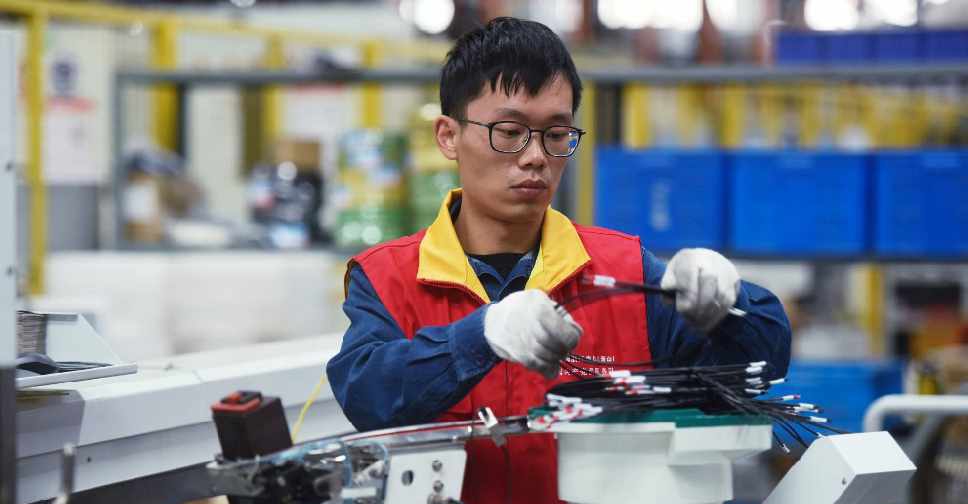
Foreign companies are shifting investments and relocating their Asian headquarters out of China as confidence takes a nosedive following the expansion of an anti-spying law and other challenges.
That's according to a report by European Union Chamber of Commerce in China, which highlights a growing pessimism among businesses despite efforts by the ruling Communist Party to revitalise interest in the world's second-largest economy following the end of anti-virus controls.
The European Chamber indicates that companies are concerned about security controls, government protection of their Chinese rivals and the lack of progress on reform commitments. Moreover, they are grappling with decelerating Chinese economic growth and mounting costs.
According to European Chamber President Jens Eskelund, business confidence in China is "at its lowest level on record". He stated, "There's no expectation that the regulatory environment is really going to improve over the next five years."
In an attempt to boost economic growth, which plummeted to 3 per cent last year, President Xi Jinping's government is urging foreign companies to invest and bring in technology. However, concerns about security regulations and plans to create competitors to global technology suppliers, such as computer chips and commercial jetliners, have left foreign companies uneasy. The implementation of subsidies and market barriers, viewed as violations of Beijing's free-trade commitments by the United States and the European Union, further compounds their concerns.
The European Chamber's survey found that two-thirds of the 570 companies that participated stated that conducting business in China has become more challenging, compared to less than half prior to the pandemic. Additionally, three out of five companies believe the business environment has become "more political," up from half the previous year.
Companies remain on edge following police raids on the offices of consultancies Bain & Co. and Capvision, as well as the due diligence firm Mintz Group. Authorities have not provided any public explanation for the raids, stating that companies are obliged to comply with the law without indicating any potential violations.
Foreign companies are also apprehensive about Beijing's push for national self-reliance. Xi's government is urging manufacturers, hospitals and other entities to use Chinese suppliers, even if it raises costs. This has raised concerns among foreign companies that they may be excluded from their target markets.
Last month, the Chinese government prohibited the use of products from an American memory chip manufacturer Micron Technology Inc, in computers that handle sensitive information. The ban was imposed citing unspecified security flaws in Micron's products, without providing further explanation.
The European Chamber survey revealed that one in 10 companies have already relocated their investments out of China, while an additional one in five are either delaying or considering such a move. In the aviation and aerospace sector, one in five companies have no plans for future investment in China.
Despite China's appeal as a top investment destination due to its vast and expanding consumer market, companies have lodged complaints about restrictions on market access, pressure to transfer technology and other grievances. Since Xi assumed power in 2012, the ruling party has tightened control, urging foreign companies to grant the party board seats and a direct say in decision-making processes, further complicating the business landscape.
The European Chamber noted that it is not only foreign companies that are relocating. Two out of five survey respondents reported that Chinese customers or suppliers are also moving investments out of the country.
In a similar vein, the British Chamber of Commerce in China stated last month that its members are awaiting "greater clarity" on anti-spying regulations, data security and other rules before making new investments.




 Nasdaq set to confirm bear market as Trump tariffs trigger recession fears
Nasdaq set to confirm bear market as Trump tariffs trigger recession fears
 Dana Gas and Crescent Petroleum exceed 500M boe in Khor Mor field
Dana Gas and Crescent Petroleum exceed 500M boe in Khor Mor field
 China to impose tariffs of 34% on all US goods
China to impose tariffs of 34% on all US goods
 Shares bruised, dollar crumbles as Trump tariffs stir recession fears
Shares bruised, dollar crumbles as Trump tariffs stir recession fears




